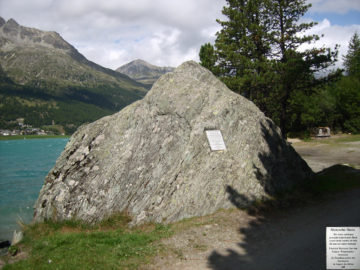by Jochen Szangolies

Time presents itself, depending on the context, under two different modalities: cyclical and linear. Linear time moves always forward, carrying us from past to present, ever towards an uncertain future; while circular time, the time of clock hands, sunrise and sunset, and recurring seasons, sees us back again at our origin.
These would seem to be somewhat in tension. But I find that time, perhaps like all the great mysteries, is only enriched by its seeming contradictions. Take ‘stopping time’, as it is sometimes portrayed in movies—that is, holding everything frozen. How long does such a state last? What is the difference between it lasting an hour, a day, or an eternity? In the absence of change, time is robbed of duration. But in an instant of time, there can be no change. Hence, any instant, it seems, might as well be an infinity, held in the palm of your hand.
We have just come out the tail end of one of the cycles of time punctuating our lives, and emerged into a new one—at least according to the Gregorian calendar. Perhaps it is natural, then, to muse about the way time seems to both sweep us away while, on the arc traced by the Earth around the Sun, always returning us to the same places again—changed, but the same. Read more »
